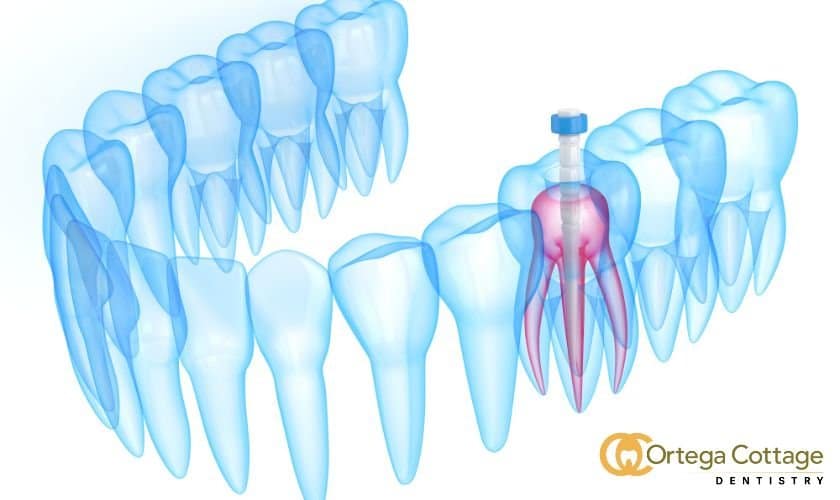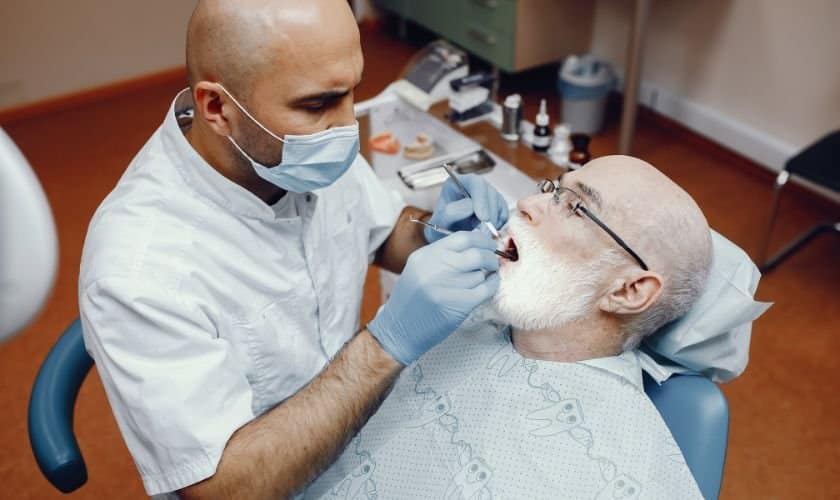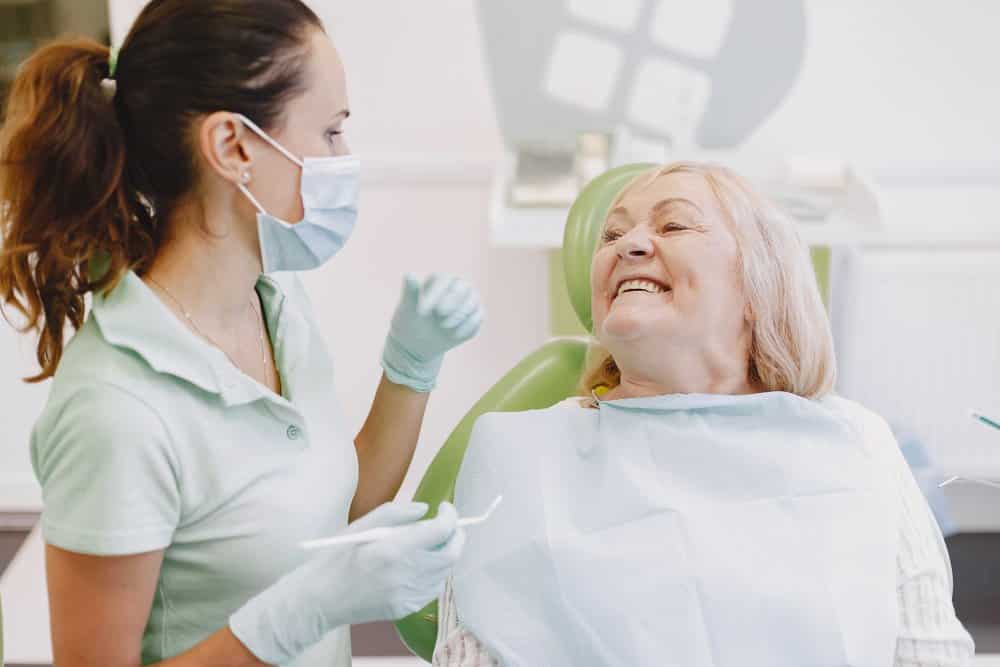
A myth exists that root canals cause cancer and other major diseases. This has been going around since the 1910s. Today the myth circulates through the internet.
What Are Root Canals?
A root canal is a dental treatment that treats damaged or infected teeth. Dentists drill into the tooth root, clean the infection, and fill it to treat this issue. This is an alternative to pulling out the whole tooth.
The bacteria in the root canal may cause the following dental problems if left untreated:
- Tooth abscess
- Bone loss in the jaw
- Gum swelling
- Severe toothache
- Infection
When the root pulp gets infected, it should be treated by dentists as soon as possible. Get treated for root canals in San Juan Capistrano to avoid future complications.
Debunking the myth
The theory that root canals cause cancer is scientifically incorrect. This myth is a public health hazard and prevents patients from getting the treatment they need.
Focal Infection Theory
The focal infection theory suggests that localized infections cause all chronic diseases. The theory states that removing all bacteria in a root canal treatment is impossible. The area gets infected as a result. It was claimed that the chronic inflammation caused by root canal treatment caused systemic diseases such as Cancer, arthritis, heart disease, and chronic fatigue.
Based on his research, Weston Price believed dead teeth that had undergone root canal therapy still harbor dangerous toxins. He claimed these toxins serve as a breeding ground for cancer, arthritis, heart disease, and other diseases.
The myth based on Price’s research is highly unreliable. Here are some of the issues with his methods:
- Conditions for Price’s experiments were poorly controlled.
- The tests were performed in nonsterile environments.
- Other researchers haven’t been able to replicate his results.
The Irrelevance Of The Focal Infection Theory
Weston Price constructed the focal infection theory in the year 1922. He suggested that treated or endodontically treated teeth are the primary sources of many degenerative diseases. This theory was widely accepted by the public too.
In the 1930s, this theory was questioned. Many studies have shown the benefits of treating inflammation in the mouth to treat systemic illness. The researchers and other medical professionals started to re-examine the focal infection theory. One of the most notable claims was made by Cecil and Angevine. They questioned the effectiveness of pulling out the tooth to treat the disease. As a result, the focal infection theory was removed from medical school curriculums. They stated that the mouth is a part of the body, and whatever happens in the body can affect the mouth too.
Root Canal And Fear Of Cancer
There is no evidence of a connection between root canal treatment and oral cancer. People who receive root canal therapy are no more or less likely to become ill than anyone else. These rumors cause unnecessary stress to those who need to undergo root canal surgery.
Some patients even go as far as to get their dead teeth extracted. They view this as a precaution because they believe the dead tooth may cause cancer. However, this step is unnecessary as dentists believe in saving the natural tooth as their priority.
Many teeth that undergo root canal treatment remain strong and healthy. Extracting and replacing a tooth costs money and takes a long time to heal. If necessary steps are not taken, it can negatively affect the neighboring teeth.
The advancements in modern dentistry make endodontic treatment and root canal treatment safe, predictable, and effective.
The Bottom Line
No proper research supports the idea of root canals causing cancer. It was perpetuated by incorrect research more than a century ago. Since then, dentistry has advanced significantly. There have been improvements in safer medical equipment, hygiene, anesthesia, and operation techniques in San Juan Capistrano. Now, the treatments are less painful and have a higher success rate. There is no reason to fear that an upcoming root canal treatment may cause cancer.
FAQs
1. What to avoid with a root canal?
You should avoid hard and sticky foods, brushing aggressively, and dental injuries after a root canal. Avoid foods that are either too hot or too cold. Wear mouthguards to protect your teeth from injuries and prevent unconscious teeth grinding while sleeping. Brush and floss twice daily to prevent further infection.
2. How long does the root canal procedure take?
A root canal treatment may take either one or two appointments. It depends on your degree of infection. It can take around 30 to 60 minutes to complete a root canal. It can take up to an hour if you need treatment on a larger tooth or multiple teeth. The skills and experience of the dentist also play a significant role in the duration of your treatment.





